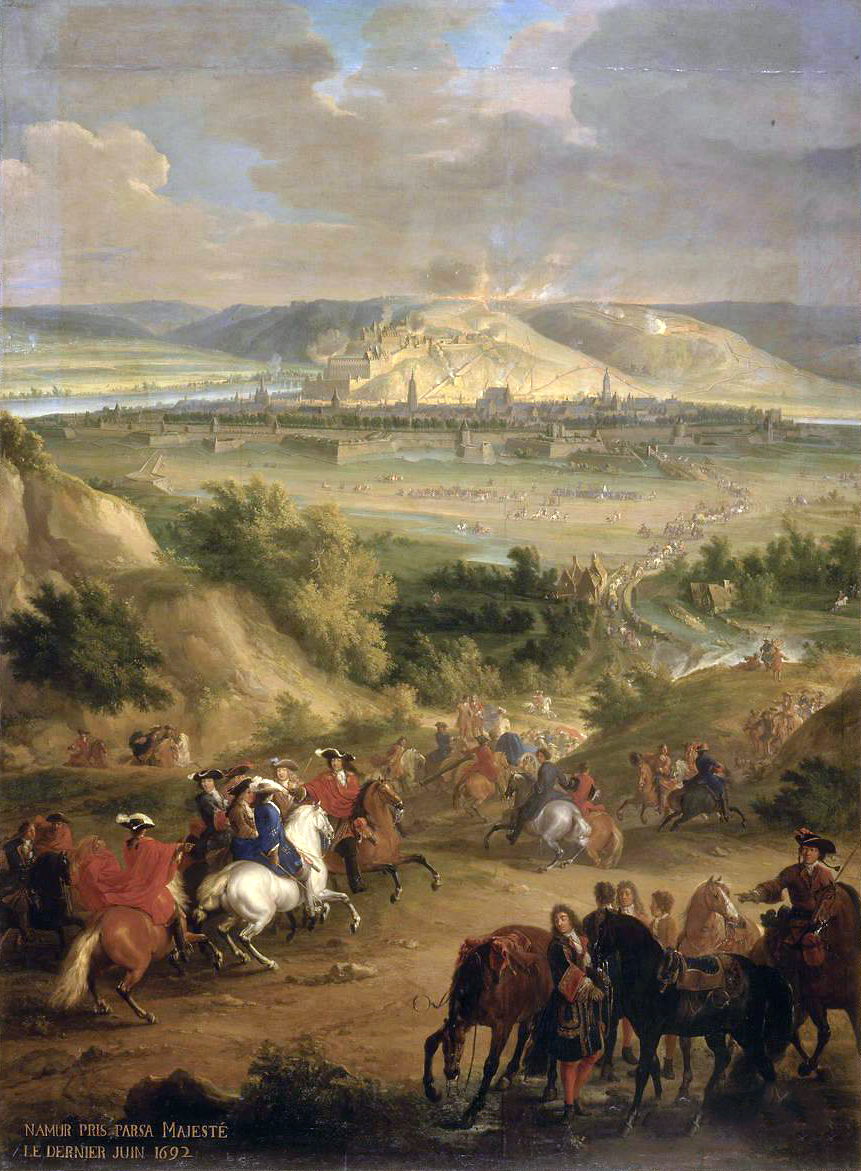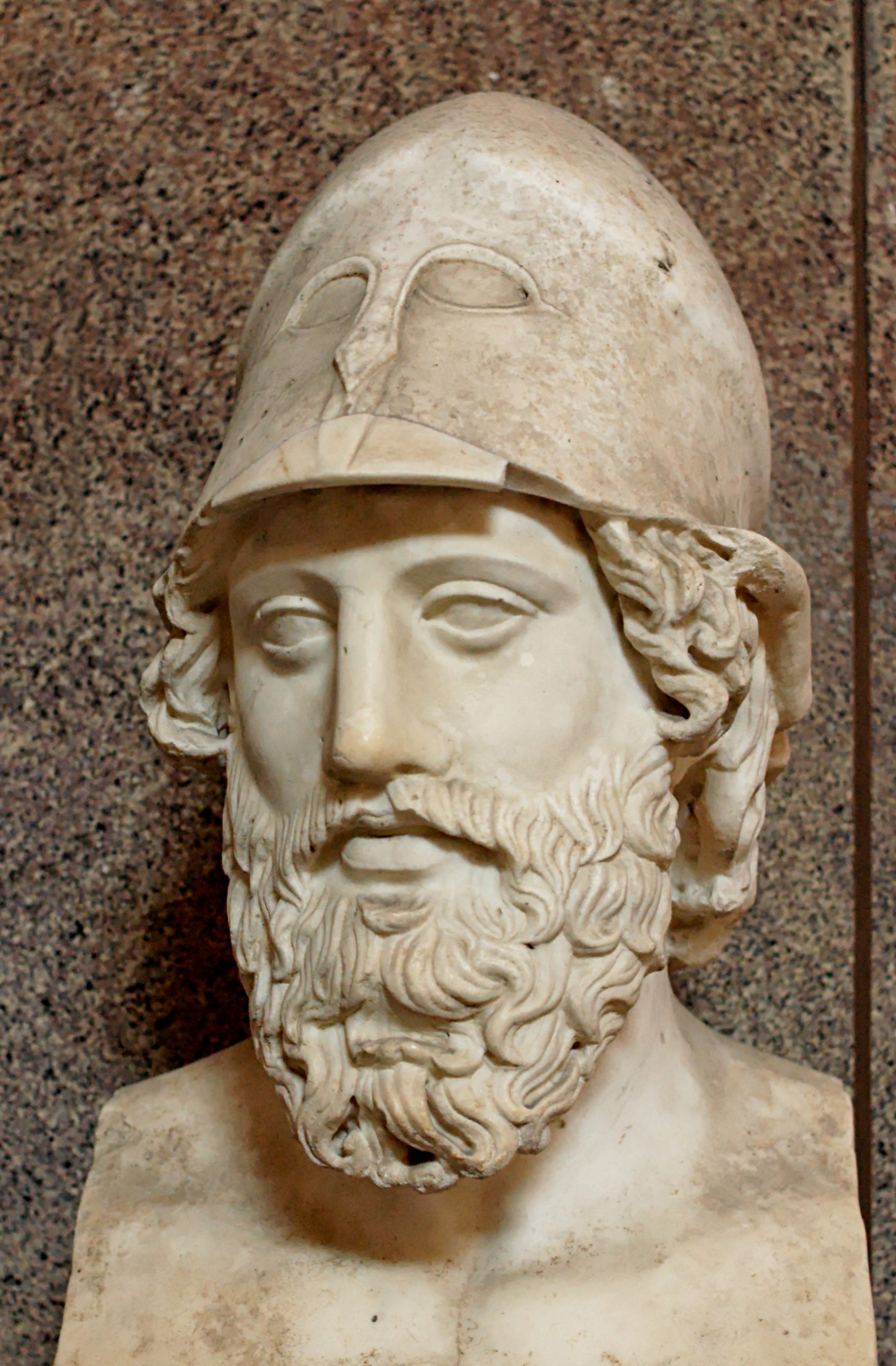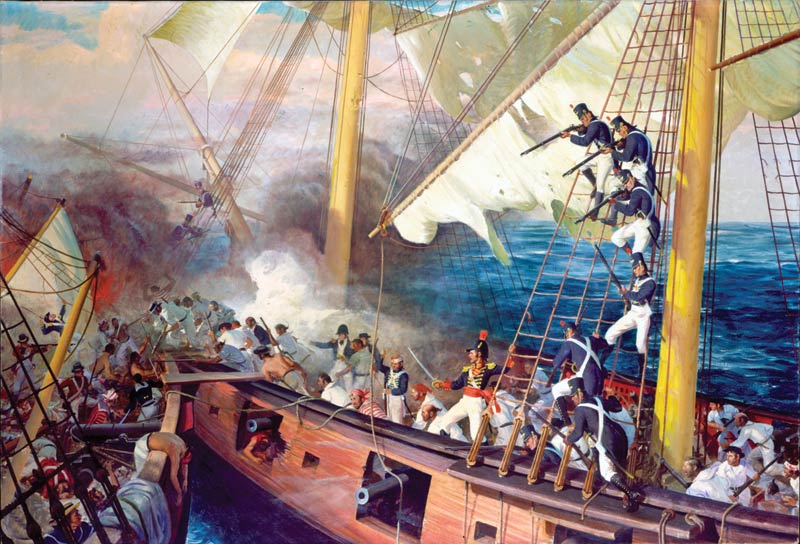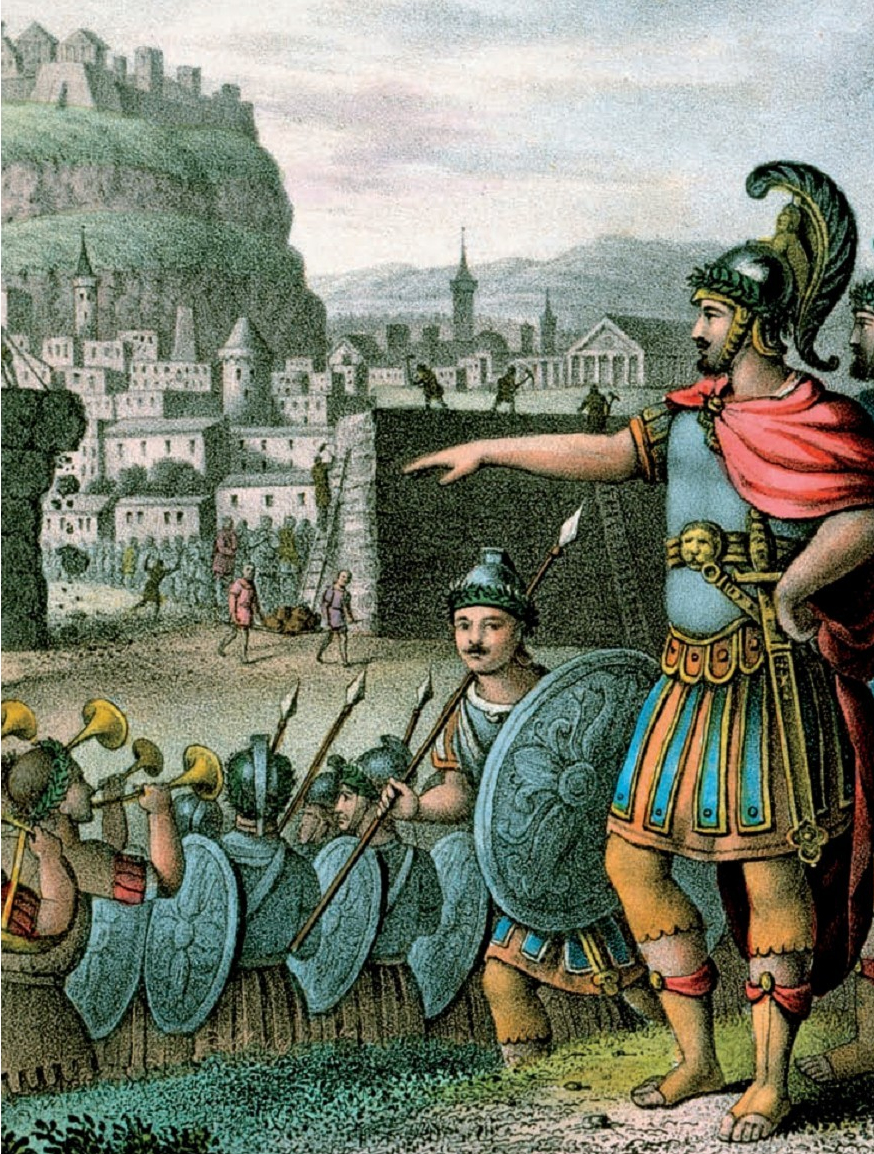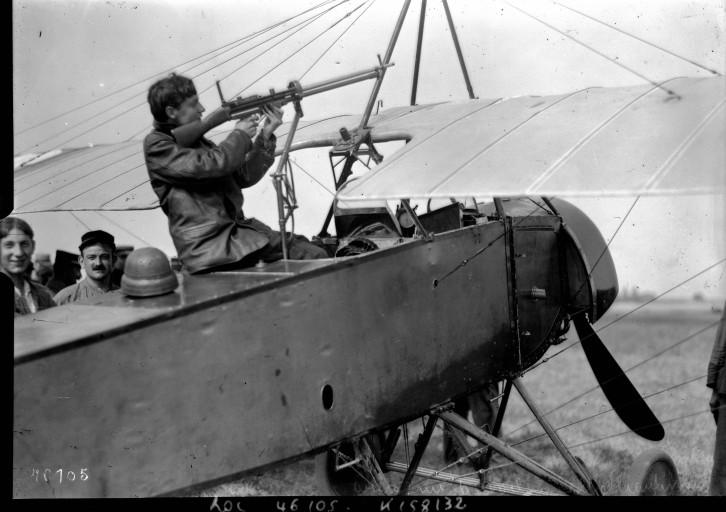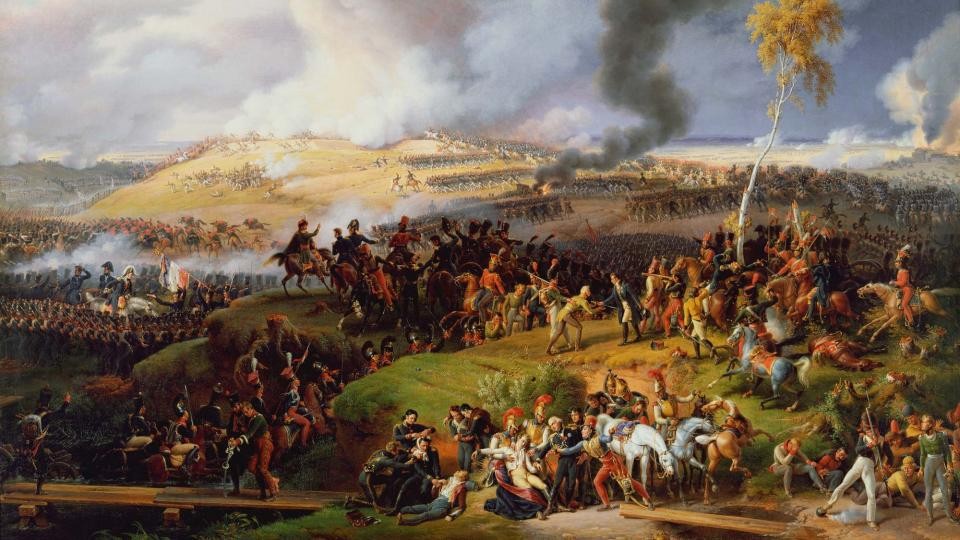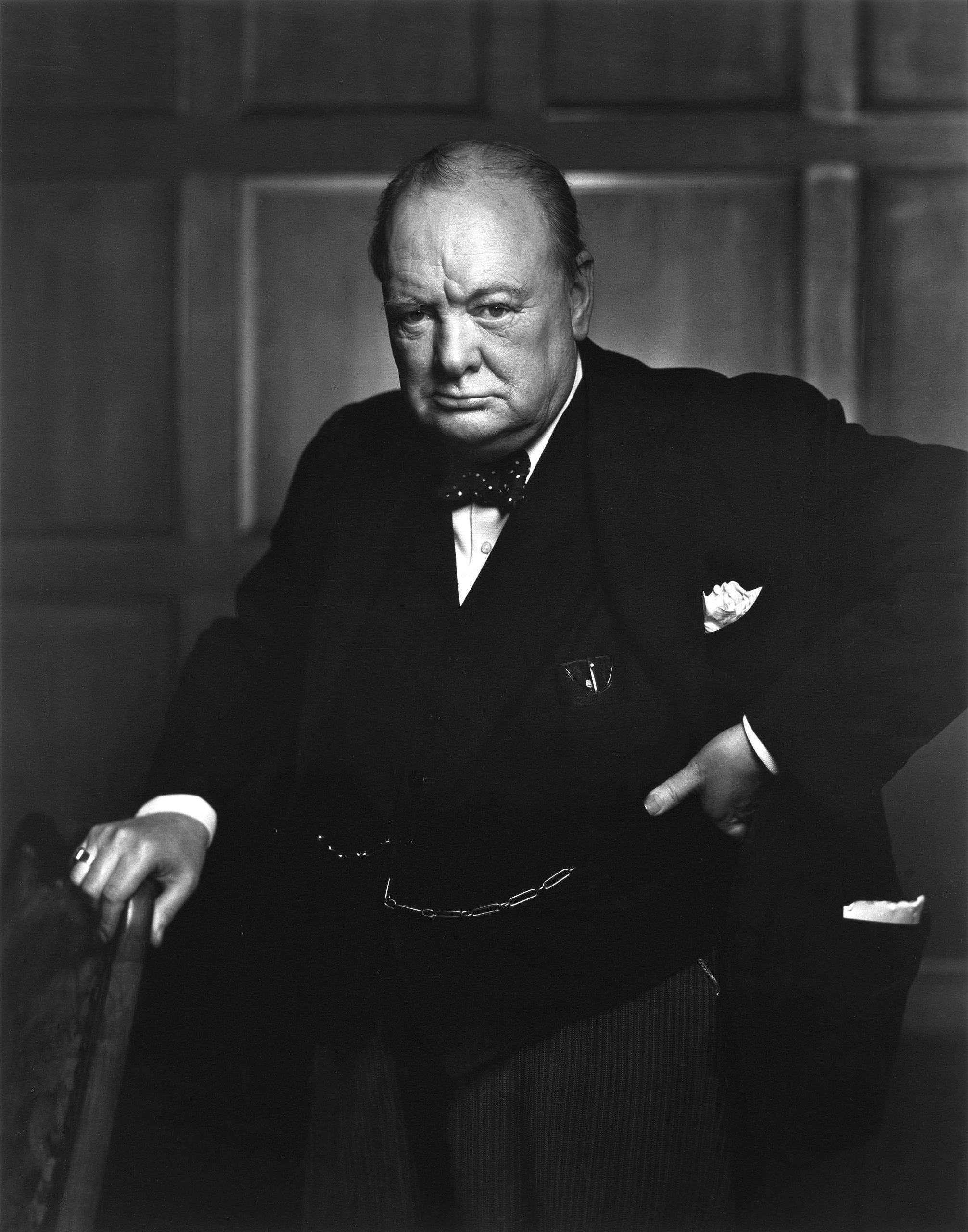

Churchill’s Trial: Winston Churchill and the Salvation of Free Government
Churchill’s prescriptions, general and particular, were and are worthy of debate. He might not have been willing to intervene in Indochina to pull French chestnuts out of the fire, but throughout his career he arguably expected the United States to support the British cause in regions that the United States might regard as peripheral. To American commanders during World War II, he seemed obsessed with fighting on the fringes rather than at the center, and by doing so he drained resources necessary to fight at the center, which defied the ultimate principle of economy. Sometimes, as during the American Civil War, slaughter is necessary to create the conditions for maneuver. But it surely can be said that Churchill’s works deserve inclusion in a list of the Classics.



